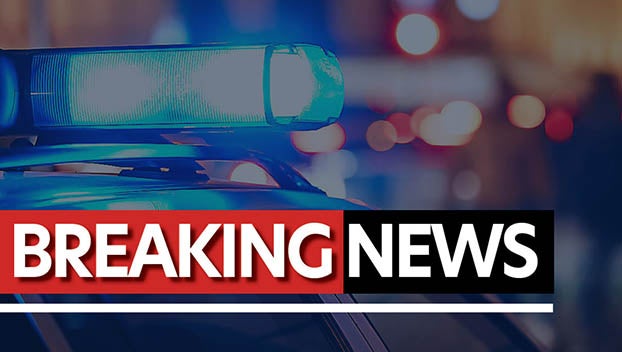Unused medications will be accepted Saturday for disposal
Published 7:00 am Friday, September 26, 2014
Saturday the Pearl River County Sheriff’s Department will participate in the nationwide Prescription Drug Take-Back Day.
Lt. Joe Quave said officers with the department will set up at Carriere Fire Station 1 across from Pearl River Central High School on U.S.11 Saturday Sept. 27, from 10 a.m. to 2 p.m.
During that time community members can bring in their unused and unwanted prescription medication, be it in pill or liquid form, Quave said. Over the counter and non-controlled medications will also be accepted.
These medications can be surrendered anonymously. Additionally, containers will not be required, instead the person disposing of the medication will be directed to a large container in which they will dispose of the medication and take any pill bottles home with them.
“It’s completely anonymous,” Quave said. “It’s no questions asked and we will not request identification.”
The medications dropped off will not be cataloged, instead a total weight of the items collected will be the only record kept.
“We don’t want people to be discouraged,” Quave said. “If they don’t have bottle the meds came in they can still drop it off.”
However, certain substances will not be accepted, such as intravenous solutions such as blood and injectable substances and syringes due to potential hazards commonly posed by blood borne pathogens, Quave said.
Once collected, the substances will be turned over to the Department of Drug Enforcement who will be responsible for destroying them.
There are several reasons for this collection, which include keeping unused medication out of the wrong hands, such as children, preventing them from being flushed down the toilet and subsequently polluting the water supply and keeping them out of the trash where they can be retrieved and later abused or sold illegally, Quave said.
“Unused or expired prescriptions are a public safety issue leading to accidental poisoning, overdose and abuse,” Quave said.





